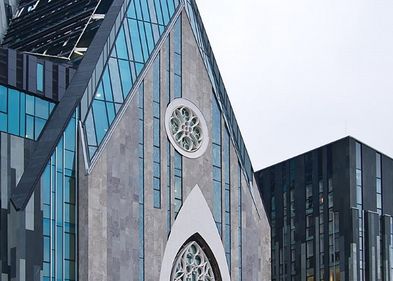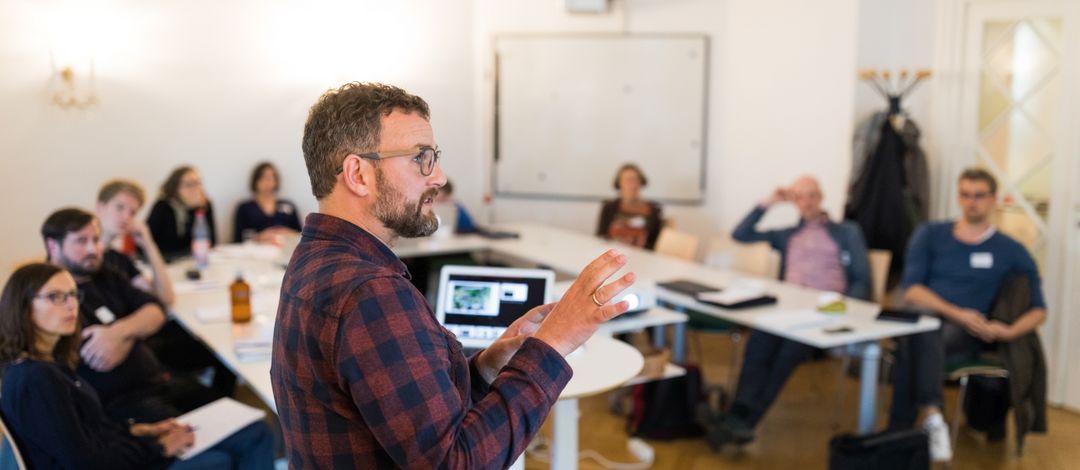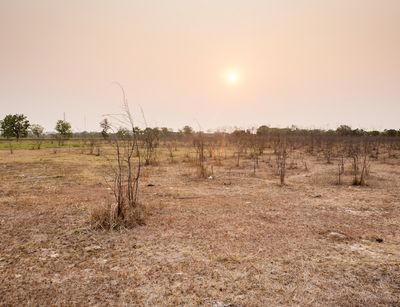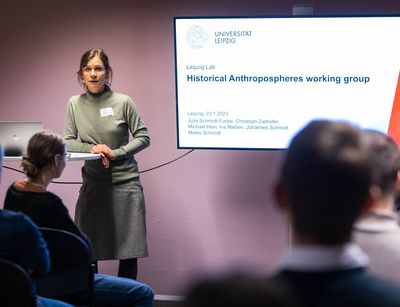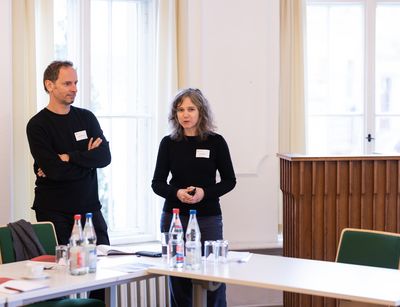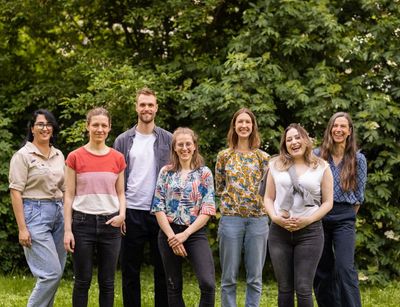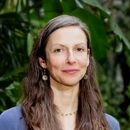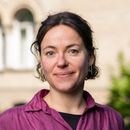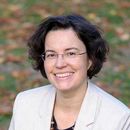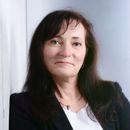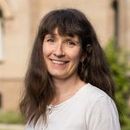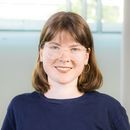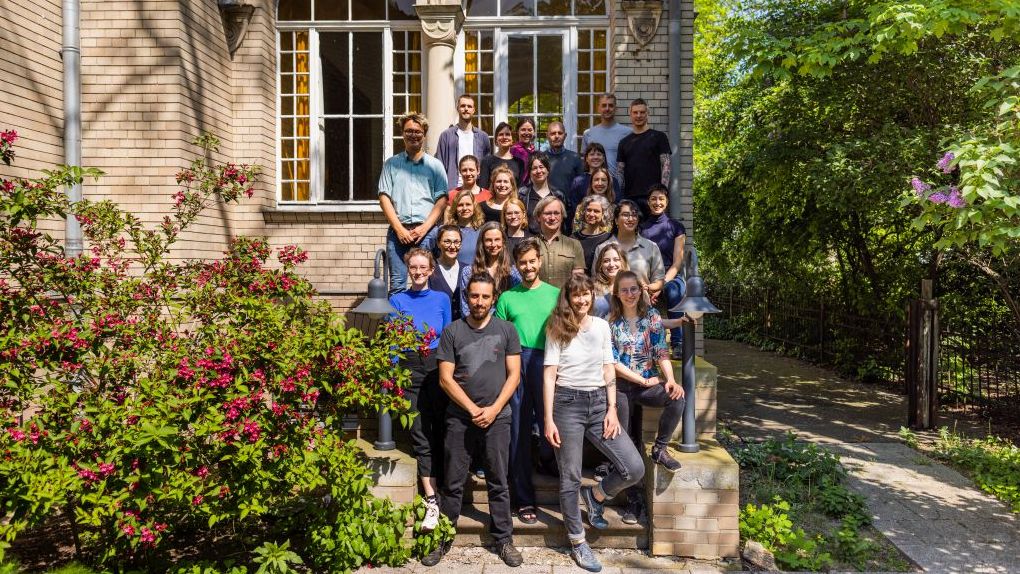Elective module "Interdisciplinarity Workshop"
„Workshop Interdisciplinarity” is a cross-faculty elective module that introduces advanced students from all disciplines to the world of interdisciplinary research. Using practical examples from LeipzigLab working groups, participants learn about theories and methods. They then develop their own interdisciplinary projects and questions. This practice-oriented approach to scientific work opens up new ways of thinking and connects different disciplines. It can serve as a bridge between the natural sciences, humanities and social sciences and thus pave the way for interdisciplinary doctoral projects.
Participation requirements
The „Workshop Interdisciplinarity” is not only open to advanced students, but is also regularly offered to all members of LeipzigLab at various career stages. The aim is to support students, doctoral candidates and postdocs in the long term and to train them to become researchers who understand the opportunities and challenges of interdisciplinary work from the ground up.
Lecturers
This course is largely designed by the postdocs of the working groups, who teach the module together. As a result, they gain valuable experience in teaching interdisciplinary skills and acquire a coveted teaching qualification. In addition, joint teaching in the „Workshop Interdisciplinarity” promotes collaborative work within the department.
